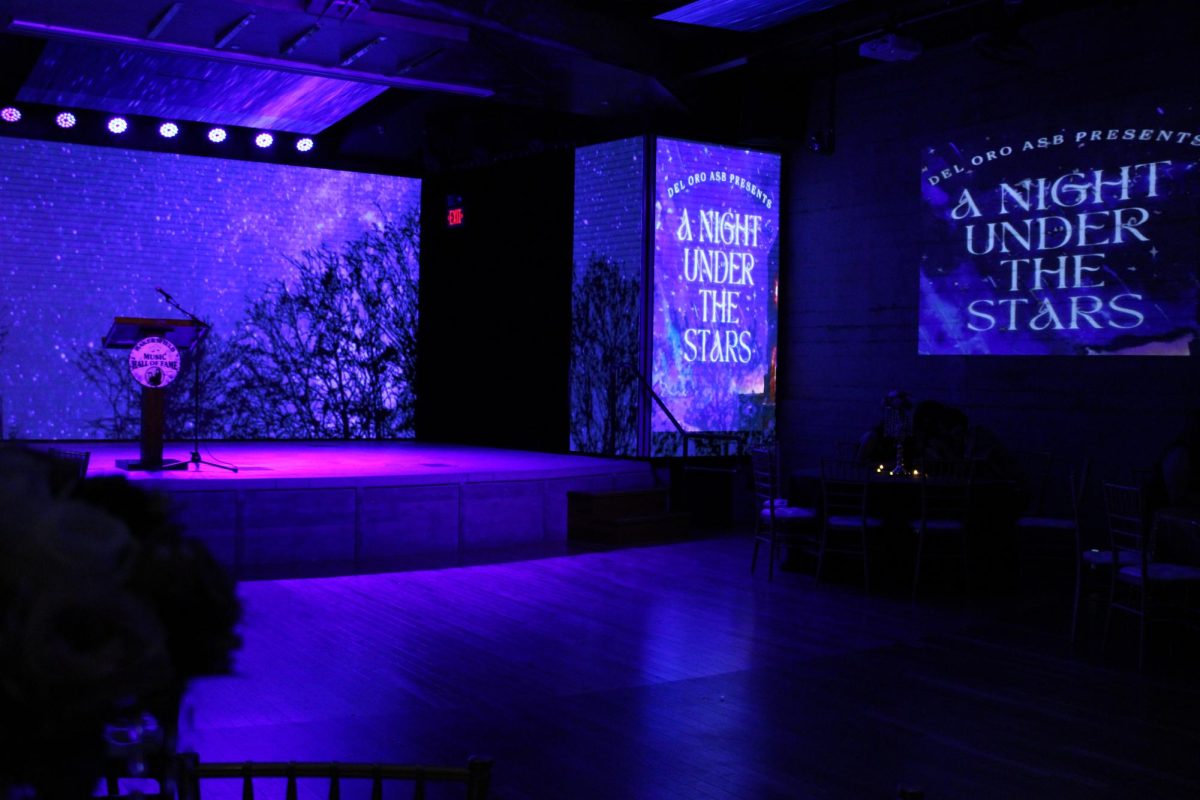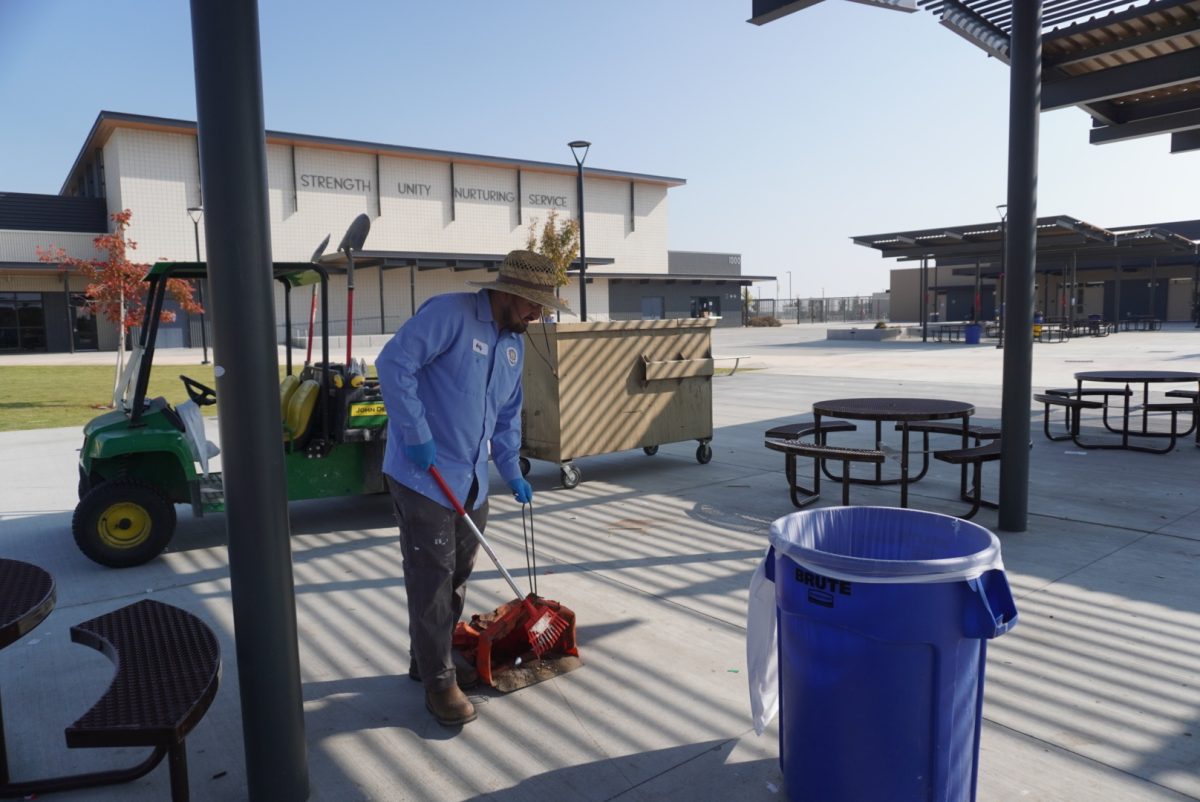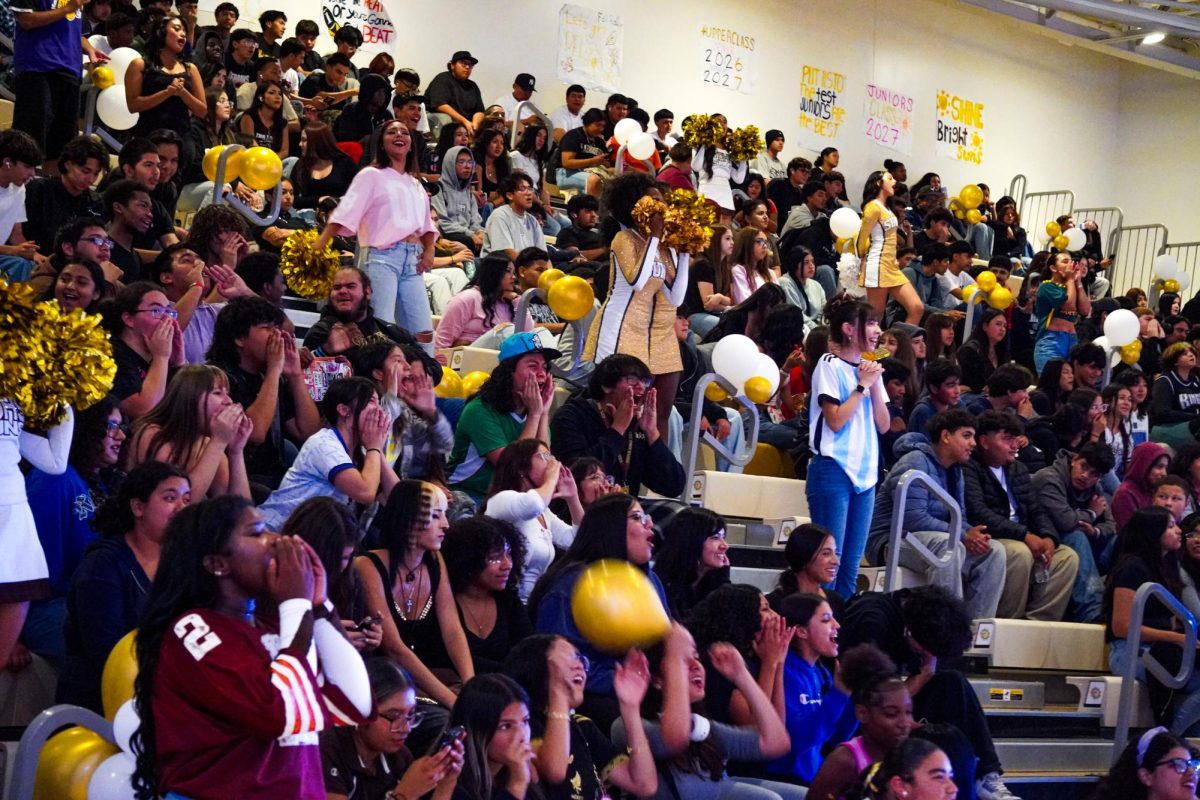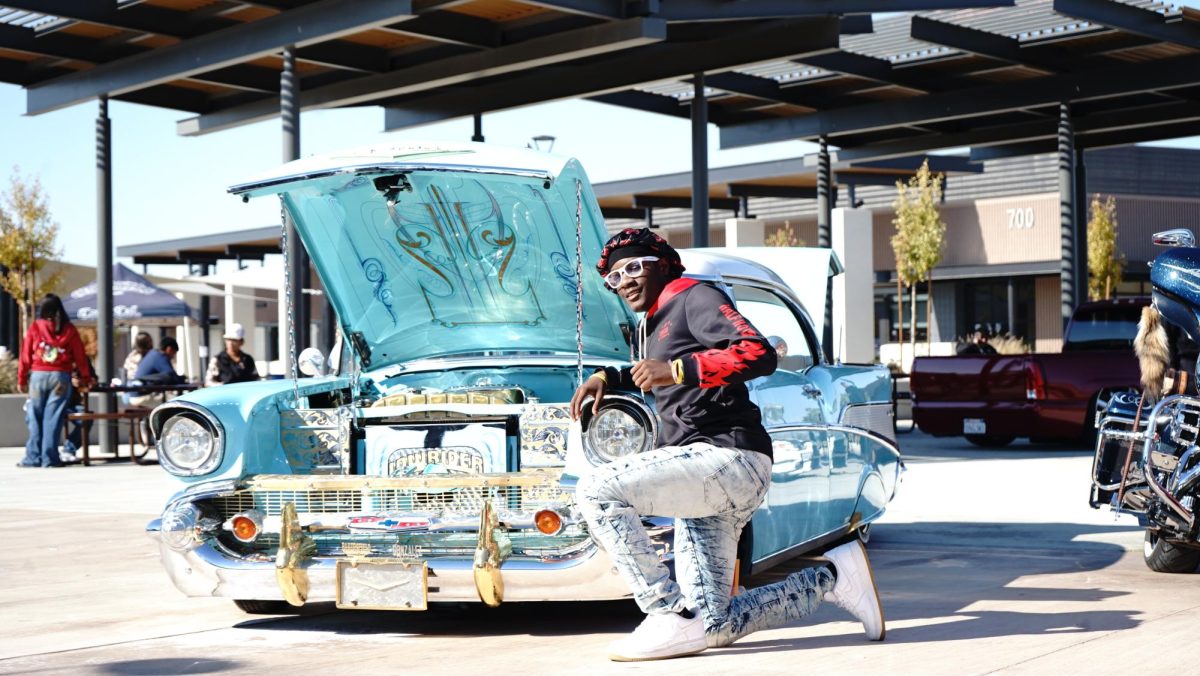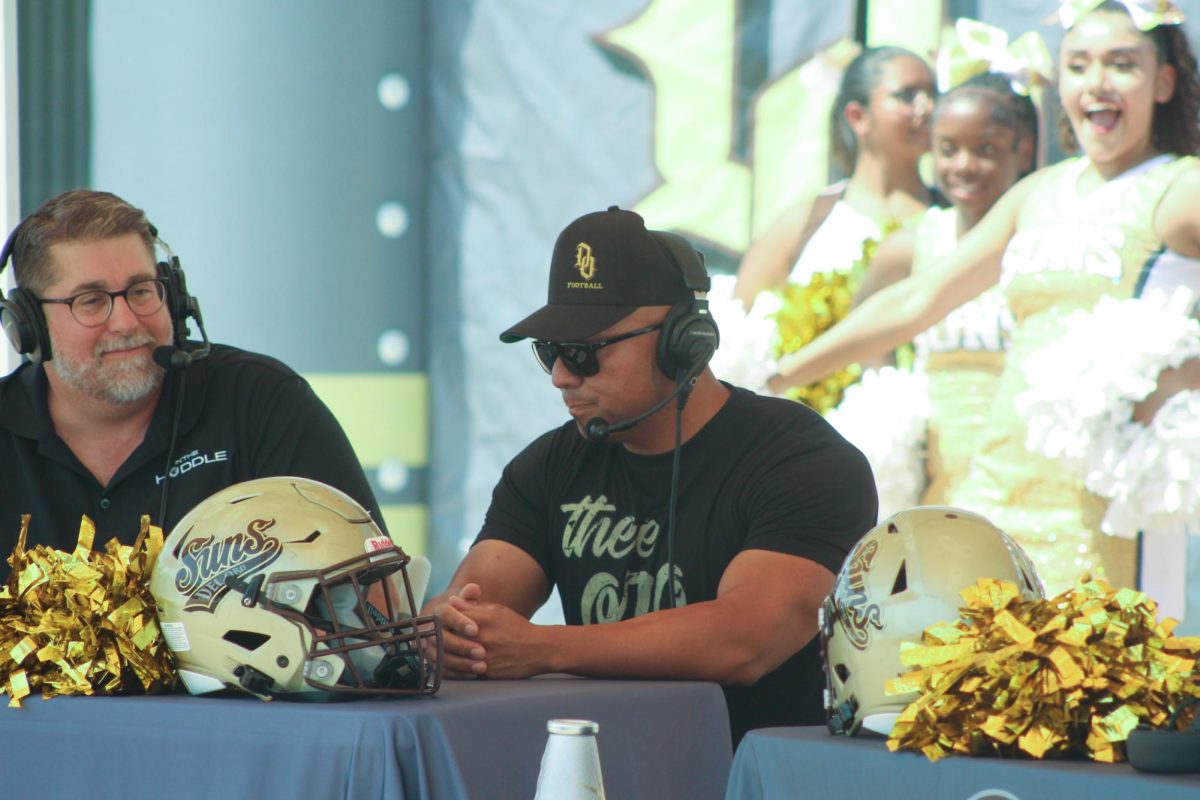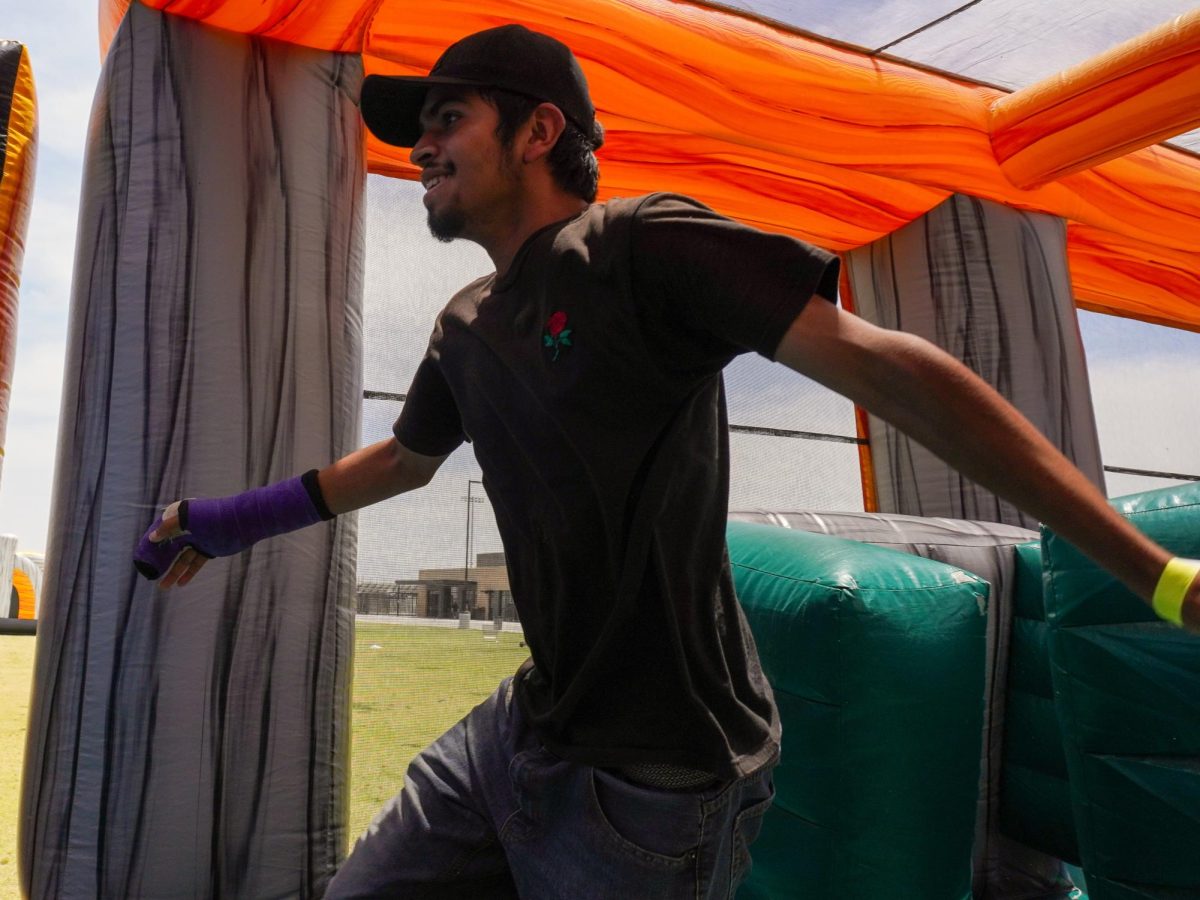We hear it all the time – In the classroom. In the quad. In the hallways. In the library. In the cafeteria.
Whether you’re a student or a staff member, it is almost inevitable to hear students uttering the N-word to acknowledge their peers as you commute around campus. One may notice how the word is used in daily conversation without hesitation, as a way to address an acquaintance, pal or friend.
This is mainly due to how the connotation of the word has evolved over time. It went from being associated with a racist, dehumanizing term with the hard “r” that was first used during the trans-Atlantic slave trade (derived from the Latin word “niger,” literally meaning “black”), and then reappropriated among descendants of African Americans during the 20th century to be used in an endearing way towards each other.
Despite the term’s remnants of slavery and white supremacy, it has been linguistically reclaimed into African American Vernacular English with a soft “a.” Now, as a staple within mainstream Black media and culture, the term has made way into the American zeitgeist as we know it.
Even so, given the derogatory nature it has had for over 400 years, is the incessant usage of this word problematic in an academic setting? How do students, especially Black students, feel about the word typically being used by non-Black students? How do teachers feel about the word being used in their classrooms?
“To be honest, I don’t know if I like anyone speaking it,” said Crystal Neptune, advisor for Del Oro’s Peer Advocacy Center. Due to the origins behind the word, she does not associate its connotation with anything positive nor respectful.
“Now I know why people use it, and I know when they use it, they’re not calling people those names,” she commented. “It’s like ‘hey bruh,’ and it’s like ‘hey N-’ instead, you know? And I get why they do it – doesn’t mean I agree with it.”
For Neptune, she does not hear students use the N-word in her classroom, let alone swearing of any kind. She believes that this is due to her ability to set boundaries, and establish norms of respect with a smaller class size.
“When they’re in here, they need to be professional, and they need to treat people respectfully – and myself – and be aware of their surroundings,” she said.
Said Chris Dutton, assistant principal of instruction: “It’s an interesting development to have to witness happen. The use of the word is pervasive in Black music, in particular hip-hop, and because other communities outside of the Black community listen to hip-hop, that trend has caught on.”
“So, my own personal preference would be that the trend [did] not exist,” he said.
Having grown up in a generation where the N-word had more weight behind it when used outside of the Black community, Dutton said he understands the impact of the word’s adaptation, but still disavows its use on school grounds.
“I wish we’d find another way to express ourselves,” he said. “It’s just as easy to say ‘my brother,’ than to say ‘my N-’.”
A theme that has commonly been brought up is code-switching, which is defined by Matt Thompson in a April 2013 article for National Public Radio’s “Code Switch” podcast as, “the practice of shifting the languages you use or the way you express yourself in your conversations.”
Everyone instinctively code-switches in their daily life (for example, when you would act in a different way around your friends than you would around an authority figure) but it is typically noted as a tactic exercised among people of color as a way to not only fit in to the dominant culture of their environment, but as a way to open doors to new opportunities.
When it comes to the use of a term as divisive as the N-word, Neptune said she believes that code-switching is important to practice more than ever in order to be considerate of students who do take offense to its use.
“We can’t control what people do,” she said. “However, [students] need to be aware that there’s some code-switching involved, and when you’re in [a] certain presence of certain groups of people, you should watch what you say.”
Dutton shared a sentiment similar to Neptune regarding the importance of code-switching: “In an academic setting, I prefer we stick to academic language, because we are here to learn. We are here to learn how to code-switch.”
“I always remind people: If street skills are all you have, then [the streets are] all you’re gonna have,” Dutton said. “So all of us need to expand our skillset every time we have that opportunity, because by expanding your skillset, that expands your opportunities in life and for success.”
Having heard from staff members, what are the students’ thoughts on the matter? Kyra Hayden, a freshman, said she takes issue to the use of the N-word among her classmates.
“I think it’s disrespectful because, like, they just use it, but there’s a bigger meaning behind the word and they’re just using it like it’s nothing,” she said. “You hear [others say it] more than you hear [Black students] say it, and it’s just like dang.”
“It makes me upset. I get tired of hearing it every single day,” says sophomore Rylii Shaw. “I feel like they should get in trouble or something. We’re not sitting here saying racist slurs to anybody else, but they sitting here saying the N-word here and there.”
Sophomore Zakiyah Gardner also echoed these grievances: “It’s normal for black people to say it, but like, hearing the Hispanics and Mexicans say it is like, it’s not cool, and then hearing them say like the hard-R, you know? It’s too unacceptable.”
“Mexicans and Hispanics — we don’t be saying none of their slurs, but they say ours like almost every day. It’s unacceptable, I guess you could say.”
When asked if there are any takeaways that she wants readers to understand, Gardner responded, “Just for them not to say it. I understand y’all hear other people say it, but it ain’t their word to say, really.”
As for Dutton, “I hope that the students of Del Oro will use language that brings us together, instead of divides us, and that we would have compassion for each other and understanding toward each other.”
He said he has high hopes for the growth of the campus’ culture, and for the goals upperclassmen will go on to pursue in the future. As a result, he said he wishes for students, “to always be thinking upward, not downward.”
“I want us to acquire professional language, so we could lead in a professional arena in the future. That’s what I want.”
Advisor’s note: This story was originally published on Nov. 11, 2024 but is being reposted in honor of Black History Month.
